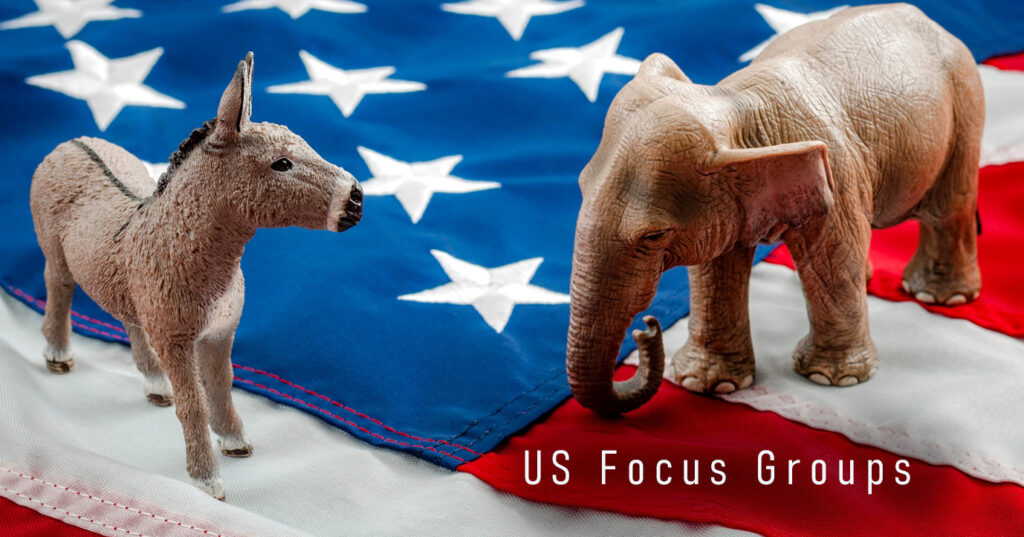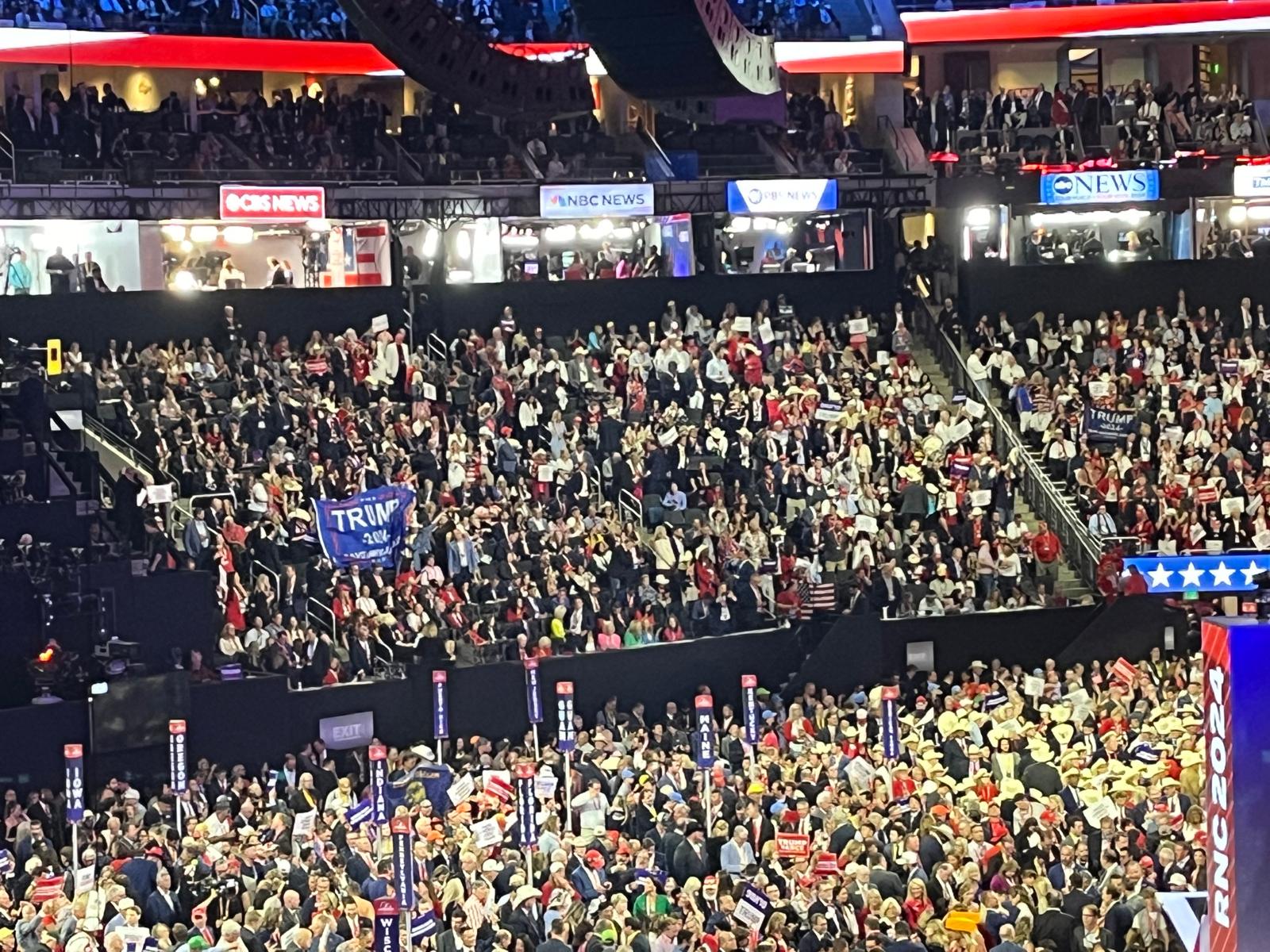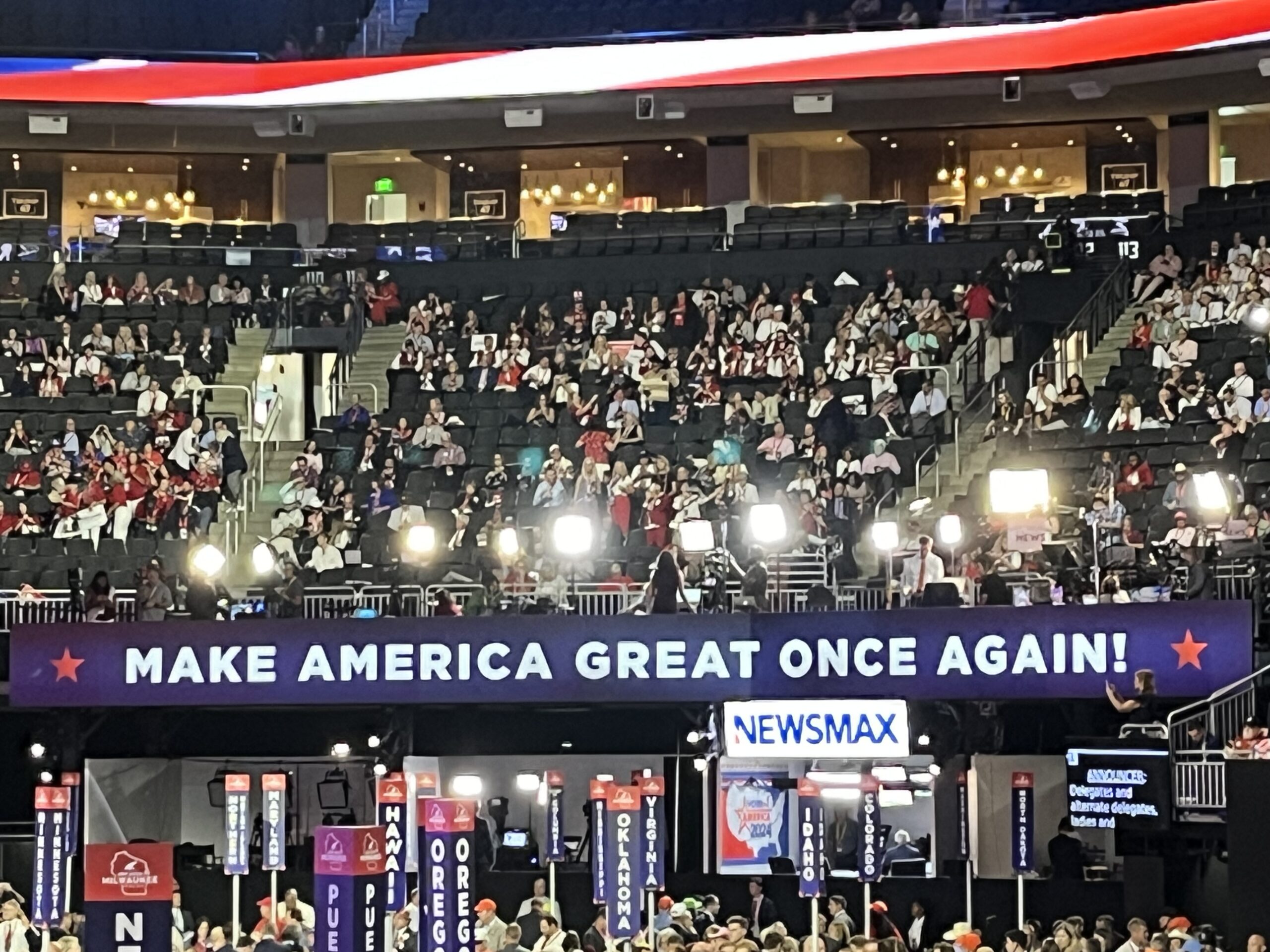
Until 2008, North Carolina was as close to a sure thing for the Republicans in a presidential election as you could get. The state backed the GOP candidate for seven elections in a row, from Ronald Reagan to George W. Bush, only for Barack Obama to capture it for the Democrats in his first run but lose the state four years later to Mitt Romney, albeit by one of the narrowest margins in the country.
North Carolina, then has moved from being reliably red to being one of the critical swing states that will decide who captures the White House. If he is to win, Donald Trump needs first to hold on to all the Romney states from 2012 – so victory here for Hillary Clinton could assure her of the magic number of 270 electoral college votes. The state is also central to Republican hopes of keeping control of the US Senate, with GOP incumbent Richard Burr facing a stiff challenge.
The state reflects many of the broader trends that will affect the national outcome in November. As well as major cities like Charlotte and Raleigh-Durham, with prestigious universities like Duke and the University of North Carolina, the state has rural areas that reflect its southern history, with both large numbers of both African-Americans and the white working class voters from whom Donald Trump draws much of his support.
‘What have you got to lose?’
Over the last week, North Carolina has been the focus of national attention following the police shooting of an African American man, Keith Scott, in Charlotte, the state’s biggest city. As protests turned into riots, the Governor declared a state of emergency. The police released video evidence of the incident, including photographs of a gun and ankle holster recovered at the scene; Scott’s family say he had no gun, was reading a book, and was not behaving aggressively.
For the African American voters in our Raleigh focus groups this week, such incidents were nothing new – social media simply took them instantly to a global audience: “I grew up knowing that African Americans can just anonymously get killed from time to time. It’s something that I’m not OK with, but it’s a fact of life.” Though many sympathised with the arguments of the law and order lobby, they first wanted to be sure that the law and order authorities would use their powers fairly: “We have to be able to trust that our police officers aren’t going to target us or abuse this stop-and-frisk.” And did they trust that? “No.”
Jim Morrill, who covers politics for the Charlotte Observer, told us the impact of these events on November’s election was not yet clear. “We’re all waiting to see what happens. On the one hand it could fire people up to vote, on the other it could increase cynicism about the electoral process. People who are in the streets and protesting are mad at both parties. Charlotte is run by Democrats but people are furious with the city council and with the mayor… On the other side it fires up people who believe in what Donald Trump calls law and order – I think this whole thing has gotten Republicans more unified behind him.”
More broadly, few in our African American groups thought very much had improved for them personally during President Obama’s eight years in the White House. Though he had shown people what they could achieve, on a day-to-day basis, for most people, “things are still the way they are.”
Little had changed whoever was in charge, they thought, and younger people in particular said they resented being taken for granted as a voting bloc. “I can’t believe that anyone would vote a straight ticket [ie. back all the candidates from one party] at this point. You’ve got to understand you’ve got all these people who are really not working for you in any way. This assumption that if they’re Democratic they work for black people… Be an issue voter.”
This would seem to represent an opportunity for the Republicans, especially given the lukewarm support for Hillary Clinton – who just wanted “to be the first lady president”, was “shady” and was trying to “build a dynasty”.
But voting for Donald Trump was not on the cards. “His slogan, Make America Great Again, we want to get back America. Who are you going to get back America from? It’s like he’s going to put black people back to where they belong, where he thinks they belong;” “I don’t think he’s playing a card, I think he’s being a direct bigot. He’s attacking other people. This country was built on getting away from religious persecution and coming to a country where you could be free and you could be safe, and that’s not what’s going to happen.”
Ashley Bell, who leads the Republican party’s efforts to engage African American voters, was nevertheless upbeat, particularly for the longer term: “This is a generation that is not inclined to give you a vote just because you’re a Democrat. That gives Republicans an opening but it also gives third parties an opening. If we can have that conversation we’re having with millennials with black voters of every age demographic, the Republican party can have a definite road into the black community, a permanent road going into the future.”
Trump had declared that the African American community was in the worst shape ever, and had asked black voters “what the hell have you got to lose by trying something different, like Trump?” How had that gone down? “Donald Trump is the master of gaining a headline. That statement, as stark as it was and as sharp as it was, did gain attention… So people are asking the question, what do you have to lose, at barber’s shops, at beauty parlours, they’re asking it in church. They’re saying, Donald Trump said that, so let’s have that conversation.”
Debate night
With polls last weekend suggesting the race was effectively a dead heat, Monday’s first head-to-head debate between Clinton and Trump was expected to be the most-watched in history, with an anticipated audience of some 100 million. Some sympathetic to Hillary have lamented that expectations were so uneven: while she had to turn in a flawless performance and explain what a Clinton presidency would be like, he only had to be moderately coherent and rein in the insults. But politics isn’t fair – the fact is, Trump had already managed to create some excitement about the idea of his occupying the Oval Office, and she had not.
The received wisdom here is that Hillary was still the clear victor, but our post-debate focus groups in Raleigh suggest it was not so clear cut. Certainly she had been more articulate and better rehearsed, but for many of our voters – most of whom, like most undecideds, had a low opinion of both candidates – this just reminded them that she was the Washington insider, while Donald Trump represented a change from all that: “The big difference between Trump and Hillary is that he’s up there showing who Trump is, and she’s up there showing who that polished politician is, and then going behind the curtain and being her true self there;” “She’s been a politician in this country for longer than I’ve been alive. And now she wants to talk about doing all these things, so it’s like, lady, you’ve been in office this long. That was something I realised last night watching the debate.”
What Trump did not manage to do, however, was reassure people about his temperament – indeed the biggest reservation among his potential voters was over the havoc he might wreak on the international stage (or, as one lady put it when asked what was the worst that could happen under a Trump presidency: “He runs that yap and gets us in World War Three.”) If he can assuage those fears while holding onto the mantle of change, he will be in a very strong position.
Mind the gap
For Joe Trippi, a veteran Democrat consultant whose first campaign was Ted Kennedy’s run for the White House in 1980, Hillary Clinton’s big challenge is to enthuse her supporters. Though the polls have been close, Trump voters have been more likely to say they are excited about the idea of voting for him than Hillary’s. “Now, if she has a five-point lead going into election day, that differential won’t matter much. But she desperately, and I think definitely, needs to get that energy level up. That’s why I think you’ll see Barack Obama, you’ll see Joe Biden, you’ll see every tool, every supporter with those kinds of names there, campaigning here and she’s going to have to do it as well to get her vote out.”
If she does, Joe thinks, there is going to be an almighty battle for the future of the Republican Party. “Do they continue the harsh language of Donald Trump, where their base wants to be – that’s why he won – or do they go the direction of Jeb Bush who said illegal immigration is an act of love, and got laughed off the stage, but that’s where they need to go to survive as a party in the United States?” The changing demographics of America made it harder for the GOP every time – indeed, had George W. Bush and John Kerry in 2004 faced the electorate as it is today, Kerry would have won. “So you’re now at a place where it’s going to be an anomaly when the Republicans win. It doesn’t mean they can’t put up a candidate that can change the equation or that a big scandal breaks out that destroys the Democratic candidate. But it’s an uphill climb for them. They have to fix their party.”
Kanye for President?
Meanwhile, the opportunities for non-establishment candidates – which Joe himself helped to pioneer when he managed Howard Dean’s insurgent primary campaign in 2004 – will only increase. Though in many ways good for democracy, this could have its downside. “The terrifying thing, if you’re in our politics now, is a Kanye West versus a basketball star. Why not? They can spin up their own networks, their own social media followings. And so now we’re into celebrity or hot button politics. And I think it was not what I envisioned when I started. I thought it was going to be an empowering thing for people at the bottom of the power structure. And it certainly has been. But now it’s being manipulated, I think, by people who know how to hit hot buttons and get people to follow them.”


